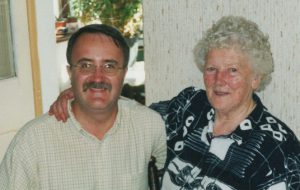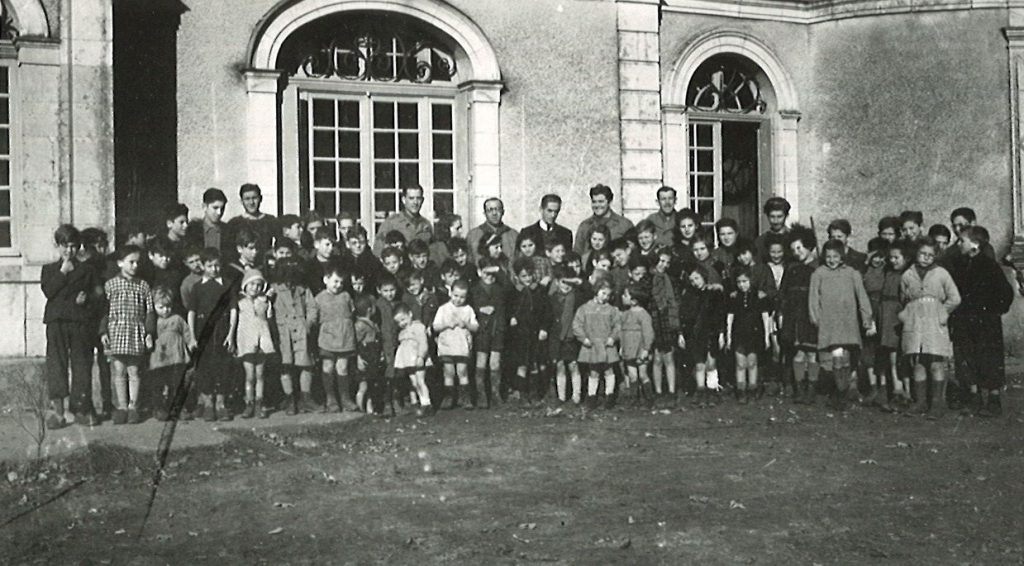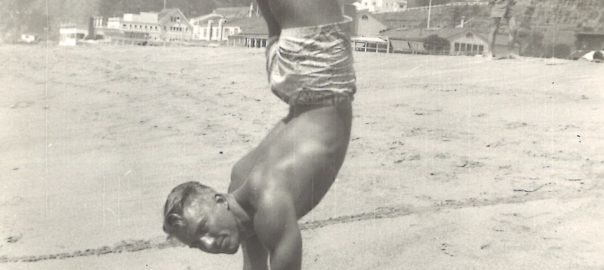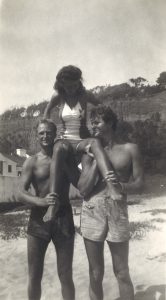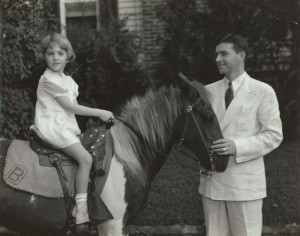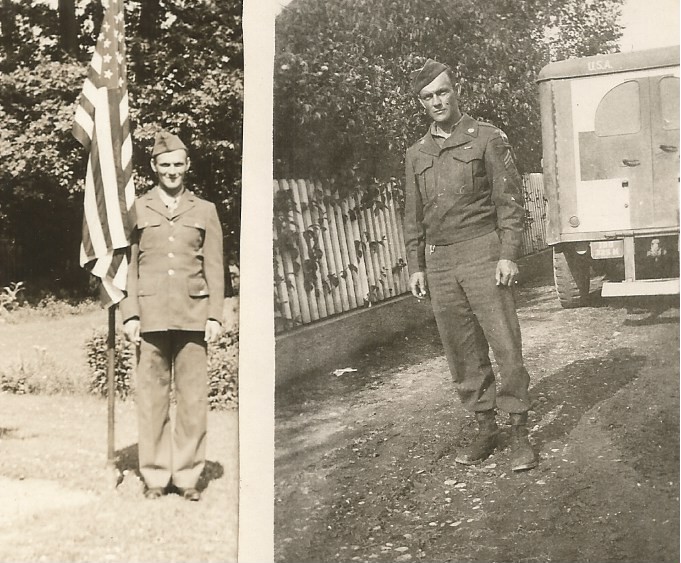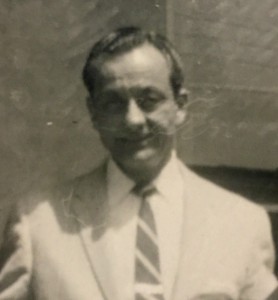“We’re so sorry Uncle Albert ….” – Paul and Linda McCartney
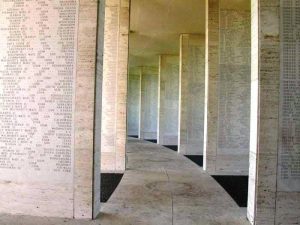
In the fall of 1978, shortly after our marriage, I was introduced to various members of my bride’s family. While our families were different in many ways, they were inherently the same, causing the young family historian in me to take note about who was who with regard to my wife’s relatives. One of the relatives to whom I was introduced was “Uncle Albert.”
I should mention that have I never actually met Uncle Albert. I never shook his hand or spoke with him. However, Uncle Albert was to become one of my most poignant and memorable “brick walls.” Continue reading Lost but not forgotten 2

